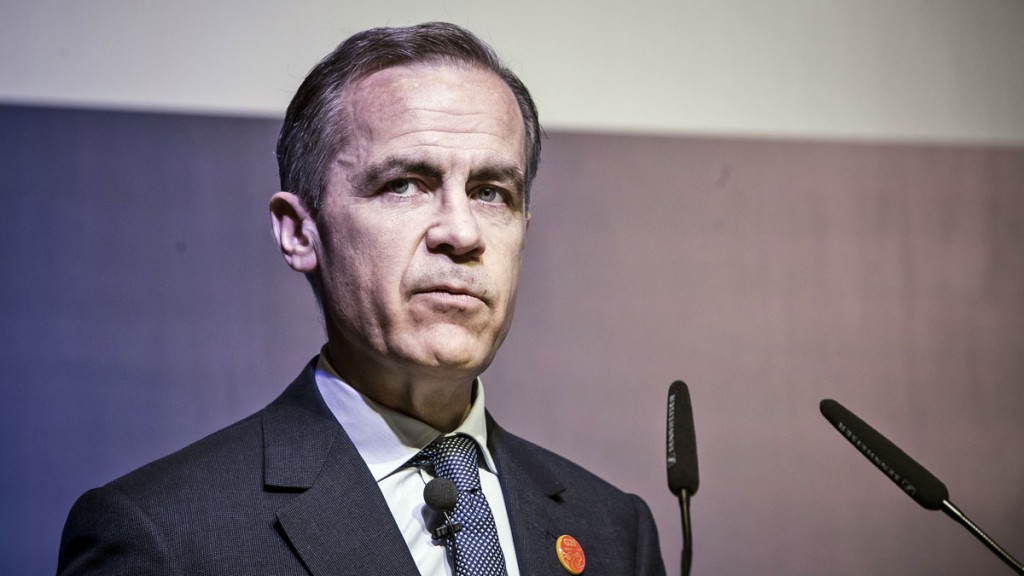
OK, my final post on BHS (for now, anyway). I said in the posts below that 1) it isn’t a given that firms with pension fund deficits should cancel their dividend payments to shareholders and 2) it wasn’t the pension fund deficit that brought down BHS – it was a combo of the bonkers level of debt it was carrying and the crappy market it was operating in.
Read those two, and you might think that there is no reason for Philip Green to have to stump up a pile of what he will now consider his (or his wife’s) cash to help out the Pension Protection Fund (which has to take on the BHS pension fund liabilities). But it isn’t that simple – if it were would Green have already offered to contribute £80m to the rescue fund?
Clearly, he recognises that hanging out on super yachts in Monaco while appearing in the Sunday Times rich list with a fortune of £3.2bn isn’t a good look when a company he took £400m-odd out of is on its way into administration.
No wonder the regulator has announced an investigation. Will it find anything? I have a feeling that it won’t – that unless it can prove that Green’s sale and leaseback deals and the like were underhand ways of withdrawing cash from BHS, it will end up taking the £80m and being reasonably happy with that.
When BHS last paid out a dividend in 2004, UK interest rates were 4.75% and rising (to 5.75% by mid-2007). There was no thought – absolutely no thought at all – that rates might ever fall to 0.5% and stay there. None.
So there would have been no thought given to the pension fund either (remember that the trustees could have complained to the regulator at any time if they felt at risk – they didn’t).
Green’s debt might have destroyed BHS – which is really bad – but I can’t see how he can be accused of intentionally neglecting his duties to the pension fund – on the basis that when he paid out the dividend he probably didn’t think he had any. We can’t surely get into the business of making shareholders pay back dividends if things go wrong in the years after they have banked the cash?
That said, politics works on outrage these days, so the vilification of Green over the pension fund might be something for all CEOs and owners to keep an eye on: super low interest rates have delivered the death blow to our defined-benefit pension system, but when they collapse it isn’t the Bank of England that will get the blame (and the investigations). It will be the corporate fat cats – and of course the pension trustees who everyone will say should have been tougher on them earlier.
It’s all just one more way monetary madness is destroying our world.